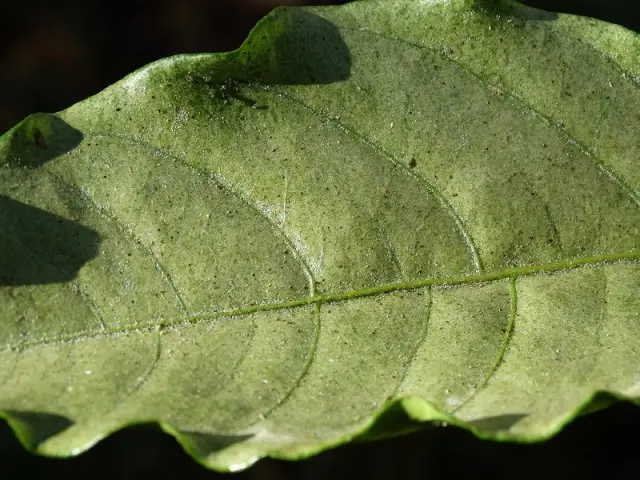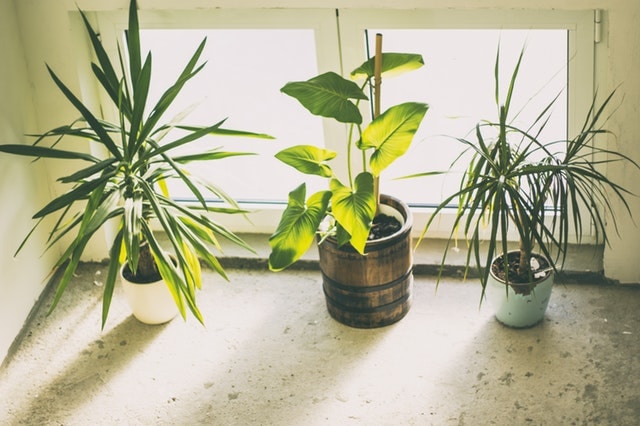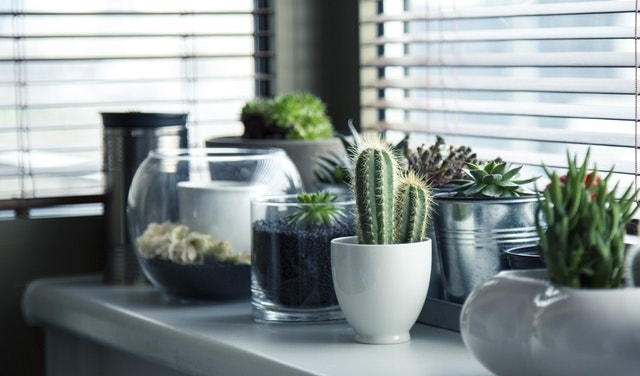Indoor plants add beauty and a touch of nature to our homes, but they can sometimes fall victim to tiny, unwelcome guests: spider mites. These minuscule pests, often too small to see with the naked eye, can wreak havoc on our beloved plants. Fortunately, there are natural and effective methods to tackle a spider mite infestation without resorting to harsh chemicals. This article will guide you through understanding spider mites, recognizing an infestation, and employing natural strategies to eliminate them and protect your indoor plants.

Understanding Spider Mites
Spider mites are tiny arachnids, not insects, and they thrive in warm, dry environments. They are commonly found on the undersides of plant leaves, spinning fine webs, which is a telltale sign of their presence. Spider mites feed on the chlorophyll in leaves, which can lead to yellowing, browning, and eventually the death of the plant if left unchecked.
Identifying an Infestation
Before you begin treatment, it’s crucial to confirm that your plants are indeed suffering from a spider mite infestation. Key indicators include:
- Tiny white or yellow spots on the leaves.
- Fine, silky webs, especially on the underside of leaves.
- Leaves turning yellow, drying out, and falling off prematurely.
- A general look of being dusty or dirty, which is actually a cluster of mites.
Natural Remedies to Eliminate Spider Mites
1. Regular Watering and Humidity Control
Spider mites thrive in dry conditions, so increasing humidity can help keep them at bay. Regular misting of your plants can deter spider mites. However, be cautious not to overwater, as this can lead to other problems like root rot.
2. Neem Oil
Neem oil is a natural pesticide derived from the seeds of the neem tree. It’s effective against spider mites and is safe for plants. To use, mix neem oil with water and a mild soap and spray it on the affected plants. Repeat the process every week until you no longer see signs of mites.
3. Insecticidal Soap
You can make a homemade insecticidal soap by mixing a tablespoon of mild liquid soap with a quart of water. Spray this solution directly onto the mites. The soap breaks down their outer layer, effectively eliminating them.
4. Diatomaceous Earth
Diatomaceous earth is a powdery substance made from the fossilized remains of tiny aquatic organisms. Sprinkle it around your plants; it works by dehydrating and killing the spider mites.
5. Essential Oils
Essential oils like rosemary, peppermint, and eucalyptus can help repel spider mites. Mix a few drops of essential oil with water and spray it on your plants. However, test a small area first to ensure it doesn’t harm the plant.
6. Introduce Natural Predators
In a balanced ecosystem, certain insects feed on spider mites. Introducing predatory insects like ladybugs or lacewings can be an effective way to control mite populations naturally.
Preventative Measures
Prevention is key in the fight against spider mites. Here are some tips to keep your indoor plants healthy and mite-free:
- Inspect New Plants: Always check new plants for signs of mites before bringing them into your home.
- Isolate Infested Plants: To prevent the spread, isolate any plant that shows signs of an infestation.
- Regular Cleaning: Wipe the leaves of your plants with a damp cloth regularly. This not only removes dust but can also dislodge any beginning stages of mite infestations.
- Avoid Over-Fertilizing: Over-fertilizing can make plants more susceptible to mites. Stick to a balanced fertilization regime.
- Proper Air Circulation: Good air circulation helps prevent the hot, dry conditions that spider mites love. Consider using a fan to improve airflow around your plants.
Conclusion
Dealing with spider mites on indoor plants can be a challenge, but with patience and the right natural methods, it’s a battle you can win. By understanding the enemy, recognizing the signs of infestation, and employing natural remedies, you can protect your indoor plants from these pesky invaders. Remember, prevention is just as crucial as treatment. Regular care, inspection, and maintenance of your indoor plants will go a long way in keeping them healthy and free from spider mites.
MORE POSTS: How to Get Rid of Bugs on Houseplants: Best Home Remedies



